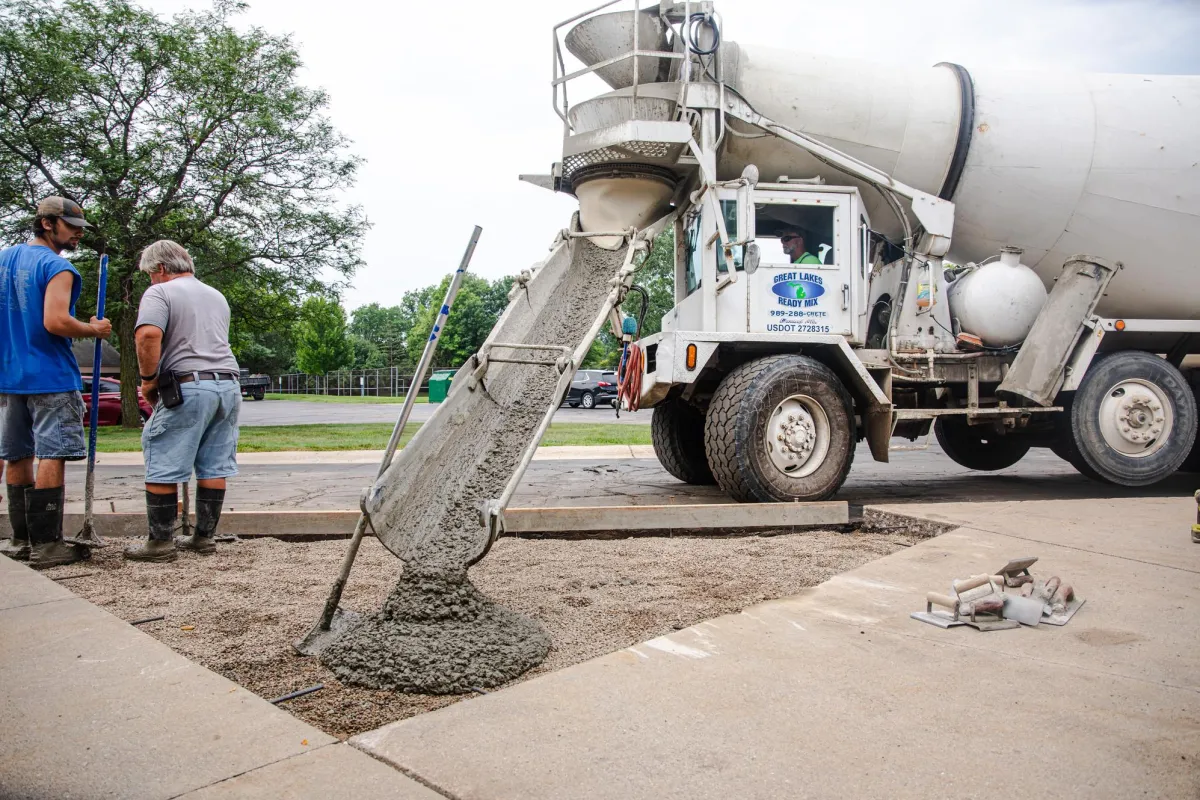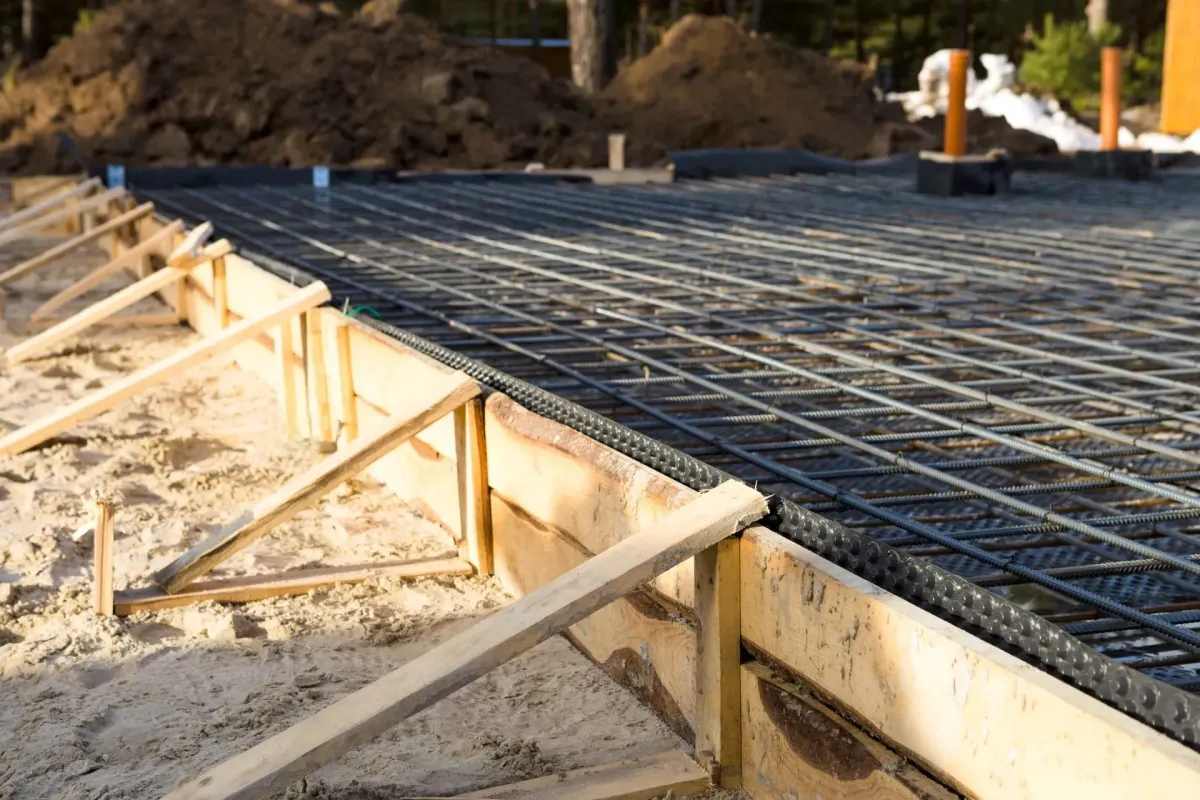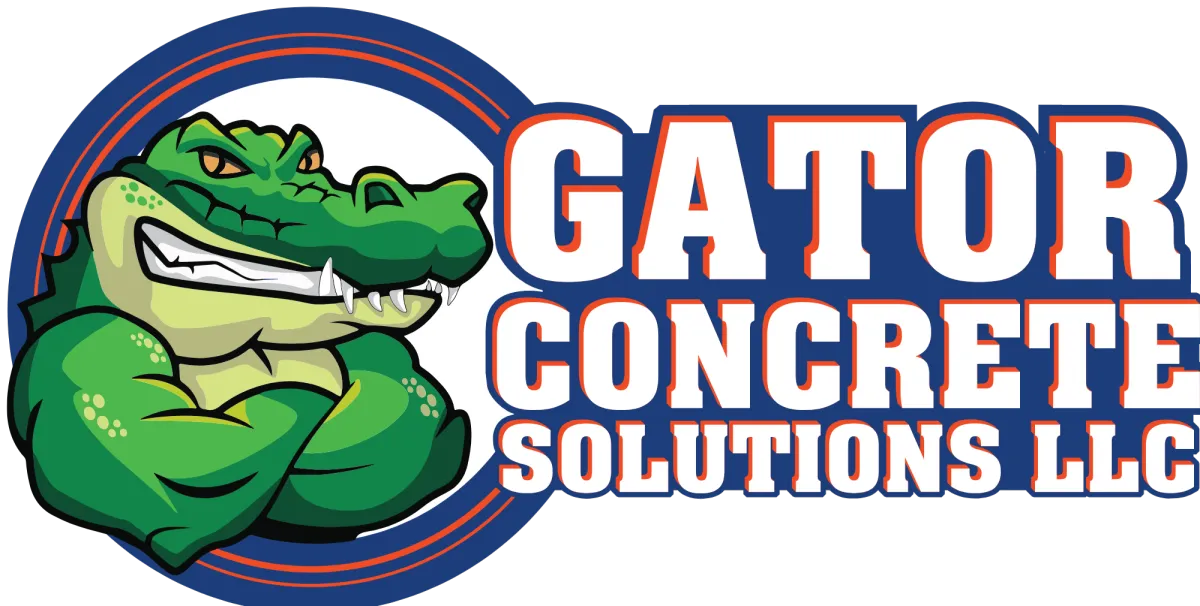
Concrete Maintenance Tips in Trenton, FL & Surrounding Areas
Homeowners in Trenton, Gainesville, Alachua, High Springs, Hawthorne, Bell, Williston, Micanopy, Archer, Newberry, Levy, Marion, Chiefland, Bronson, and Old Town, FL rely on strong, well-maintained concrete to keep their patios, driveways, and walkways in top condition. With Florida’s heat, humidity, and frequent rainfall, proper care strategies are essential to maximize longevity, enhance curb appeal, and avoid costly repairs.
Why Is Concrete Maintenance Important in Florida Homes?
Concrete in Gainesville, Alachua, and Trenton faces challenges such as cracking, erosion, and fading from weather exposure. Regular maintenance prevents structural issues, protects surfaces from damage, and extends the lifespan of driveways, patios, and foundations.
How Often Should You Clean and Inspect Concrete Surfaces?
Experts recommend pressure washing concrete annually in areas like High Springs, Hawthorne, and Bell. Regular cleaning removes dirt, mold, and debris, while inspections help identify early signs of cracks or spalling before they worsen, ensuring surfaces remain strong and visually appealing.
What Are the Best Methods to Prevent Cracking?
To prevent cracking, it is important to use control joints, reinforce concrete with rebar or wire mesh, and follow proper curing techniques. In Williston, Micanopy, and Archer, where sandy soils are common, stabilizing the base before pouring also plays a key role in reducing shifting and long-term cracking.
How Does Florida’s Climate Affect Concrete Durability?
In towns like Newberry, Levy, and Marion, high humidity and heavy rain can weaken unprotected concrete over time. Applying protective sealers and scheduling pours during cooler times of day help reduce damage from moisture, minimize cracking, and extend durability in Florida’s tough climate.
Should You Seal Your Concrete Patio or Driveway?
Yes, sealing concrete every two to three years is highly recommended to protect against UV rays, rainfall, and stains. Homeowners in Chiefland, Bronson, and Old Town find that sealing not only reduces surface wear but also preserves the appearance of decorative finishes, keeping patios and driveways looking new for longer.
What Are the Best Sealers for Florida Weather?
The best sealers for Florida depend on the surface and usage. Acrylic sealers are affordable and provide good UV resistance for patios. Epoxy sealers offer durability and stain resistance, making them ideal for garages. Penetrating sealers are excellent for controlling moisture in humid areas such as Levy and Marion, providing deep protection against water damage.
How Do You Repair Small Cracks Before They Spread?
Hairline cracks can be repaired using concrete caulk or patching compounds. In Gainesville and Alachua, many homeowners take care of small cracks quickly to stop water infiltration, which could otherwise expand the damage and lead to larger, more expensive repairs.
What Maintenance Tips Help With Driveway Longevity?
Maintaining a concrete driveway involves consistent cleaning, avoiding heavy vehicles on thinner slabs, resealing every few years, and repairing small cracks before they expand. In Trenton, Williston, and Archer, these steps are especially effective for improving performance and keeping driveways in excellent condition despite Florida’s harsh weather.
How Do You Protect Decorative or Stamped Concrete?
Stamped concrete in Newberry, Bell, and Micanopy requires special care to maintain its beauty. Sealing the surface prevents fading and staining, while gentle cleaning methods, such as soft washing instead of harsh pressure, help preserve the patterns, textures, and colors for years to come.
Final Thoughts
From patios in High Springs to driveways in Gainesville and walkways in Chiefland, regular maintenance ensures concrete structures stay strong, attractive, and long-lasting. By sealing, cleaning, and repairing on time, homeowners across Trenton and surrounding towns can protect their investment and avoid costly replacements. For more complex tasks or decorative finishes, professional contractors provide tailored solutions that withstand Florida’s unique climate conditions.

How long does concrete typically last in Florida?
With proper maintenance, concrete in Gainesville, Alachua, and surrounding areas can last 25–50 years. Regular sealing and crack repair extend its lifespan even further.
What is the best time of year to pour concrete in Florida?
The best time is during cooler months, such as fall and winter, when temperatures are mild, and humidity is lower. This helps concrete cure evenly without rapid evaporation.
Can Florida’s heavy rains damage fresh concrete?
Yes, rain can weaken freshly poured slabs. Homeowners in High Springs, Hawthorne, and Trenton should always cover new pours with tarps if rainfall is expected.
Is sealing concrete really necessary in humid areas?
Absolutely. In places like Levy and Marion, high humidity accelerates damage. Sealing creates a protective barrier against moisture and UV rays.
How do you know if your concrete needs resealing?
If water no longer beads on the surface or the finish looks dull and faded, it’s time to reseal. This is common every 2–3 years in Chiefland, Bronson, and Old Town.
